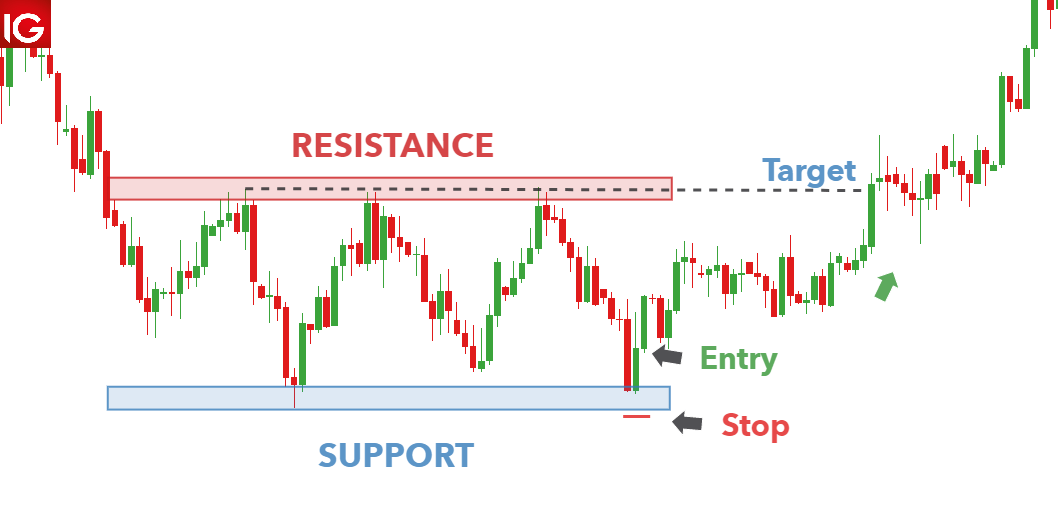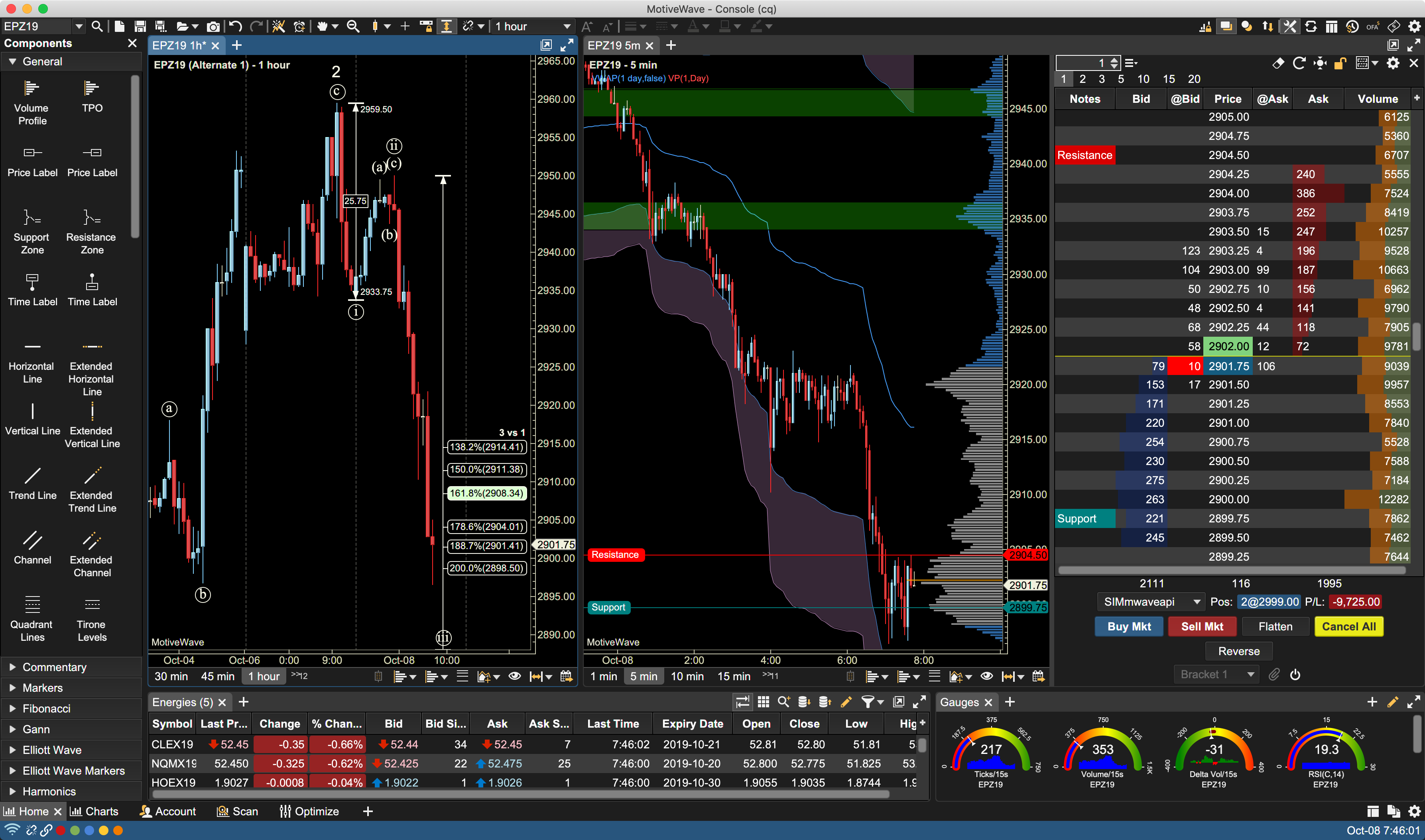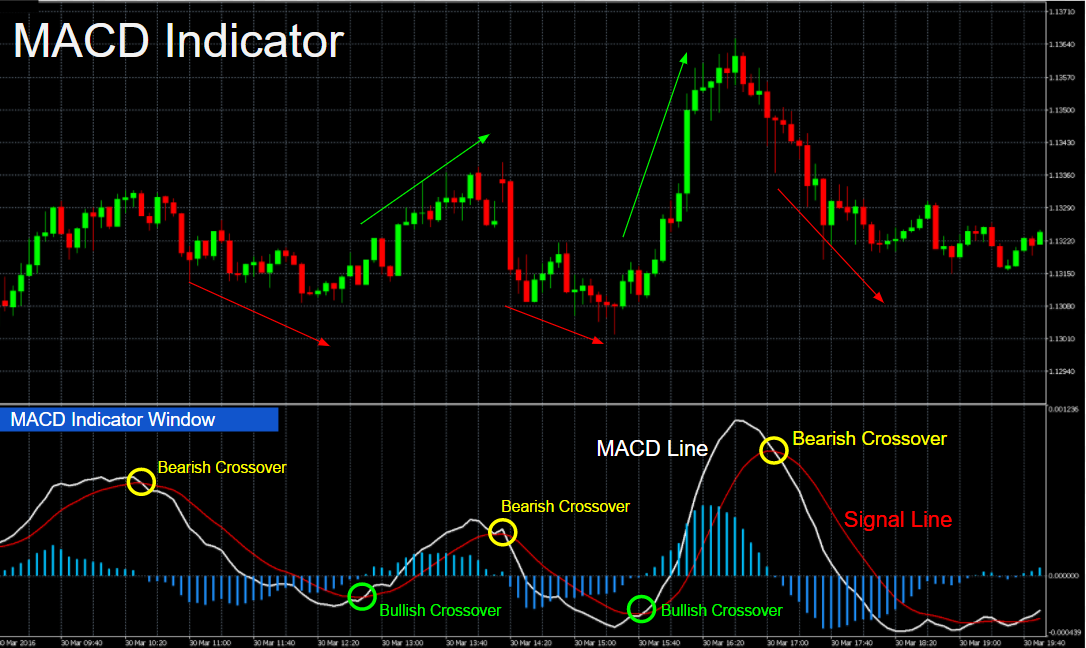In the fast-paced world of financial markets, understanding the various trading methodologies is crucial for any trader looking to succeed. From traditional techniques like technical analysis and fundamental analysis to more advanced strategies such as quantitative trading and behavioral finance, the options are vast. In this Ultimate Trading Methodologies Guide, we delve into the key aspects of each methodology, guiding you on how to select the right approach, develop a solid trading plan, manage risks effectively, and enhance your trading psychology. Stay tuned as we explore the integration of technology in modern trading strategies to stay ahead in the ever-evolving market landscape.

An In-Depth Look at Trading Methodologies
Trading methodologies serve as a structured system guiding traders in analyzing and executing trading decisions within financial markets. By offering a systematic approach, they aid in evaluating market conditions, pinpointing potential trade setups, and effectively mitigating risks. Successful methodologies rely on robust principles and thorough analysis, adapting to diverse market scenarios, individual trading preferences, and risk appetites.

Selecting the Right Trading Methodology
Tailoring to Your Preferences
When choosing a trading methodology, align it with your trading style, risk tolerance, and market knowledge. Tailoring the approach to your preferences enhances comfort and confidence in making trading decisions. Understanding your risk appetite and preferred market analysis techniques is crucial in selecting the right methodology for sustained success.
Backtesting for Validation
Before live implementation, rigorously backtest and assess various methodologies using historical data. This process validates the effectiveness of the chosen strategy, identifies potential strengths and weaknesses, and helps in fine-tuning the methodology for optimal performance. Backtesting provides a solid foundation based on empirical data for your trading decisions.
Seeking Expert Advice
Don’t hesitate to seek advice from seasoned traders or financial experts. Their experience and insights can offer valuable perspectives, broaden your understanding of different methodologies, and guide you in navigating complex market scenarios. Utilizing mentors or advisors can provide a well-rounded view for making informed decisions in your trading journey.
Continuous Adaptation
Markets evolve; thus, regularly review and adapt your trading methodology to align with changing market dynamics. Staying flexible and open to adjusting your approach based on market conditions ensures relevance and effectiveness. By embracing adaptability, you can refine your methodology to remain competitive and responsive to the ever-changing trading environment.

Building an Effective Trading Plan
Crafting Your Trading Methodology
When developing a trading plan, start by outlining your methodology. Define your entry and exit strategies, establish robust risk management rules, and determine appropriate position sizing to safeguard your capital and maximize profits. A well-defined methodology forms the foundation of your trading plan, guiding your decision-making process throughout your trading journey.
Defining Goals and Risk Tolerance
Clarify your trading goals, objectives, and risk appetite. Understand what you aim to achieve through trading and assess how much risk you are willing to undertake. Setting clear and achievable goals helps maintain focus and motivation, while knowing your risk tolerance ensures you stay within your comfort zone and avoid emotional trading decisions.
Establishing Trade Execution Guidelines
Establishing clear guidelines for trade execution and maintaining discipline are paramount. Define criteria for entering and exiting trades, set profit targets and stop-loss levels, and outline how you will handle different market scenarios. Consistent adherence to your trading rules enhances consistency and minimizes impulsive actions, fostering a disciplined approach to trading.
Monitoring and Evaluating Performance
Regularly monitor and evaluate your trading performance to identify strengths and weaknesses. Analyze your trades, assess your decision-making process, and track key performance metrics like win rate and risk-reward ratios. By reviewing your performance, you can pinpoint areas for improvement, refine your strategies, and enhance overall trading proficiency.

Implementing Effective Risk Management Strategies
Risk management stands as a cornerstone in the realm of trading methodologies, safeguarding capital and paving the path to sustained success. By setting stop-loss orders, traders establish predefined exit points, limiting potential losses and protecting investments. Employing position sizing techniques aids in controlling risk exposure, ensuring a balanced distribution of risk across trades. Vigilantly monitoring market volatility enables traders to adapt strategies, maintaining a resilient approach to changing market conditions.
Mastering Trading Psychology and Discipline
Emotions are Central to Success
Successful trading hinges on emotional control and discipline. Mastering your emotions prevents impulsive decisions often driven by fear or excitement. Maintaining a composed mindset allows for rational decisions based on analysis rather than emotions, crucial for consistent profitability.
Avoid Impulsive Actions
Impulsivity leads to detrimental trading outcomes. By refraining from hasty decisions triggered by fear, greed, or euphoria, traders can uphold discipline. Patience and strategic thinking are key to avoiding quick but regrettable choices that can jeopardize financial stability.
Stick to Your Plan
Deviate not from your trading plan. Avoid chasing losses or abandoning your strategy based on emotional reactions. Consistent adherence to predefined rules ensures stability and minimizes erratic behavior driven by emotional impulses.
Embrace Learning and Growth
Mistakes are inevitable in trading. Embrace them as learning opportunities to enhance your trading psychology. Continuous improvement stems from analyzing errors, adjusting strategies, and prioritizing emotional resilience. Cultivate a growth mindset anchored in self-reflection and adaptability.

Leveraging Technology for Enhanced Trading Methodologies
Incorporating Advanced Trading Tools and Platforms
Integrating cutting-edge trading platforms and tools into your trading methodologies can significantly boost efficiency and precision in decision-making. These tools offer real-time data, advanced order processing, and customization options, catering to different trading styles.
Utilizing Charting Software for In-Depth Analysis
Charting software plays a vital role in technical analysis by providing insightful graphical representations of market data. Traders can analyze price trends, patterns, and indicators efficiently, aiding in informed decision-making and accurate market visualization.
Evaluating Strategies with Backtesting Software
Backtesting software allows traders to test their strategies using historical data, identifying strengths and weaknesses before applying them in live trading. This tool helps refine trading methodologies, optimize parameters, and improve overall performance.
Embracing Innovation for Competitive Advantage
Staying abreast of the latest trading technologies is paramount to staying ahead of market trends and competitors. By embracing innovation, traders can adapt to evolving market conditions, enhance trading methodologies, and maximize profitability in a dynamic trading landscape.

